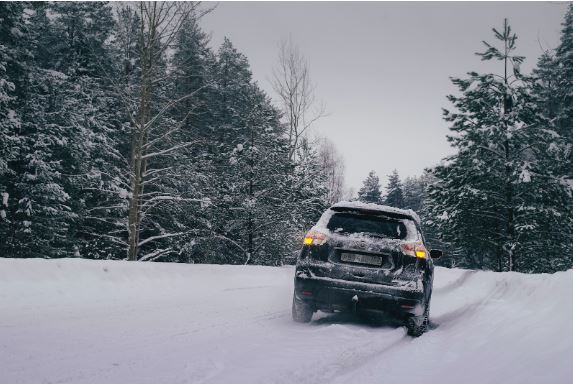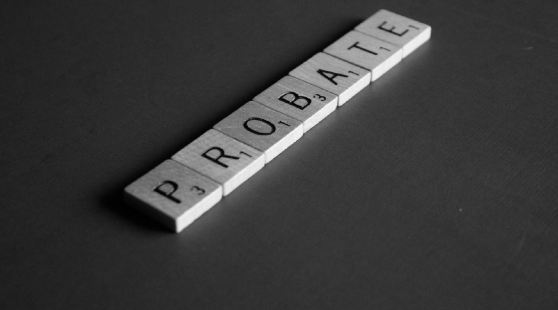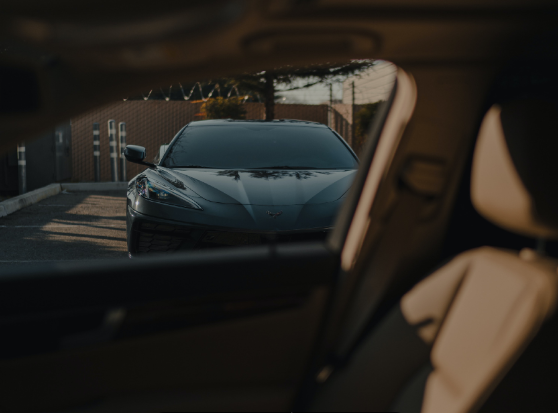
If you’re involved in a car accident, one of the many things you’ll be wondering is how it will affect your insurance rates. Car accidents can cause your premiums to go up, but how long will they stay elevated? And what can you do to reduce the premiums? Read on to find out.
Accidents That Affect Your Rates
Accidents are one of the biggest factors that insurance companies consider when setting premiums. So, if you’re involved in an accident, it’s essential to know how it could impact your rates.
Generally speaking, insurers will penalize drivers who are at fault for an accident. This means that your insurance rates will go up after an at-fault accident. The increase will depend on several factors, including the severity of the car accident and your insurer’s policies. Your rates could also increase if you are involved in a hit-and-run. The best way to avoid increasing your rates is to drive safely and avoid accidents.
Accidents That Don’t Affect Your Rates
No one wants to get into an accident, but knowing which accident won’t affect your car insurance rates is essential. For instance, if you hit a deer, your rates won’t increase as long as you have collision coverage. The same is valid for hitting a bird or other animal. In addition, accidents caused by weather events, such as hail or flooding, are also usually covered under collision coverage, so your rates shouldn’t go up.
How Long Accidents Affect Your Rates
After you’ve been in an accident, you’re probably wondering how long it will affect your insurance rates. The answer depends on several factors like who was at fault, the accident’s severity, and whether you have an accident history.
If you were found to be at fault for the accident, you would see an increase in your rates, but the impact of an accident will begin to decrease after three years. Therefore, it’s essential to drive safely and be aware of the potential consequences of an accident before getting behind the wheel.





